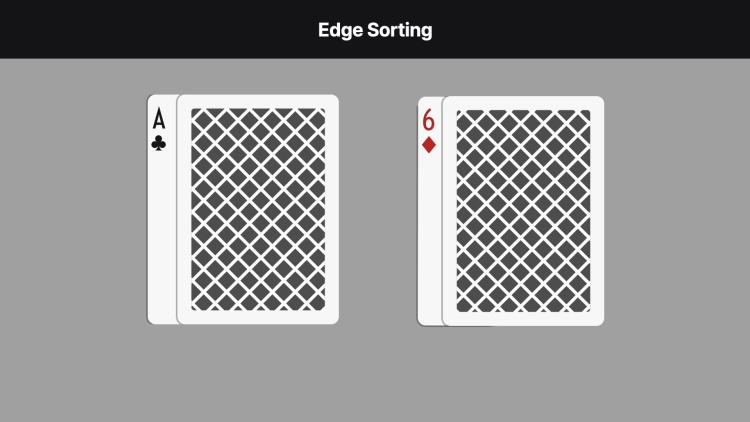Marina District Development Co. v. Ivey
United States District Court for the District of New Jersey
216 F. Supp. 3d 426, 2016 WL 6138239 (2016)
- Written by Jamie Milne, JD
Facts
Phillip Ivey (defendant) contacted Borgata Hotel Casino & Spa (Borgata) (plaintiff), expressing an interest in playing high-stakes baccarat, a card game. Ivey requested certain accommodations, including a private playing pit, the presence of his friend Cheng Yin Sun (defendant) at the table while he played, one eight-deck shoe of Borgata cards to be used for the entire session, and an automatic card-shuffling device. Although Ivey claimed the accommodations were due to superstition, they were actually to help Ivey and Sun engage in edge sorting. The designs on the back of the cards were not identical on each edge. On the first pass through the deck, Sun would ask the dealer to turn cards having good values one way and cards having poorer values the other way. Because superstitious practices were common, the dealer did not find the requests unusual. However, the automatic shuffler would keep the cards facing the same direction. Consequently, Ivey and Sun were then able to distinguish valuable cards from less valuable cards based on the way the cards’ edges were facing. Ivey used this scheme to win over $9 million in four visits to Borgata. When Borgata learned of the edge sorting, Borgata brought multiple claims against Ivey and Sun. First, Borgata asserted a breach-of-contract claim, arguing that Ivey and Sun breached an implied agreement to gamble in accordance with the New Jersey Casino Control Act (CCA). Second, Borgata asserted a fraud claim, arguing that Ivey and Sun materially misrepresented the reason for the accommodations. Both parties moved for summary judgment.
Rule of Law
Issue
Holding and Reasoning (Hillman, J.)
What to do next…
Here's why 901,000 law students have relied on our case briefs:
- Written by law professors and practitioners, not other law students. 47,100 briefs, keyed to 994 casebooks. Top-notch customer support.
- The right amount of information, includes the facts, issues, rule of law, holding and reasoning, and any concurrences and dissents.
- Access in your classes, works on your mobile and tablet. Massive library of related video lessons and high quality multiple-choice questions.
- Easy to use, uniform format for every case brief. Written in plain English, not in legalese. Our briefs summarize and simplify; they don’t just repeat the court’s language.





